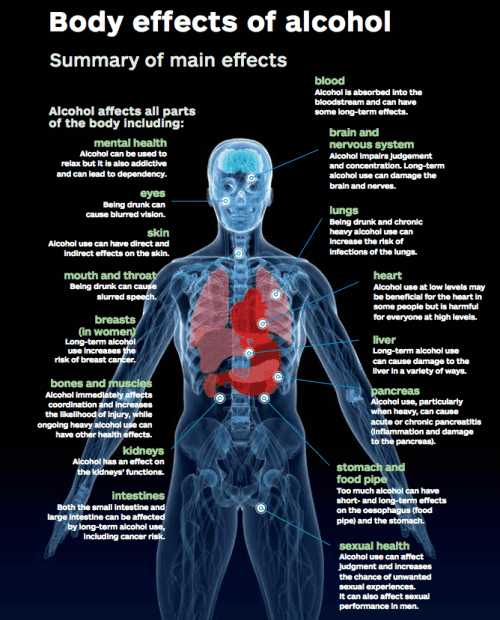Resilience Behavioral Health offers effective alcohol abuse treatment options. Firstly, our dedicated team conducts a comprehensive assessment to understand your specific needs. Next, we develop a personalized treatment plan tailored to your journey to recovery. Additionally, our licensed professionals provide evidence-based therapies, counseling, and support throughout your treatment. Moreover, we offer a safe and nurturing environment to facilitate healing and growth. Finally, our confidential and compassionate approach ensures your privacy and comfort every step of the way. Take the first step towards a healthier, alcohol-free life with Resilience Behavioral Health. Contact us today at 888.401.1179
Introduction to Alcohol Abuse
Alcohol abuse refers to the excessive and harmful consumption of alcoholic beverages. It is a prevalent issue that affects individuals worldwide, leading to severe consequences for both the abuser and their loved ones. This essay aims to shed light on the detrimental effects of alcohol abuse on an individual’s physical and mental state, as well as its negative impact on their overall quality of life.
Impact of Alcohol Abuse on an Individuals Physical State
Alcohol abuse takes a toll on an individual’s physical well-being, both in the short and long term. In the short term, excessive drinking can result in immediate negative effects such as slurred speech, impaired coordination, nausea, vomiting, and debilitating hangovers. These physical symptoms not only hinder daily activities but also pose risks to personal safety.
In the long term, chronic alcohol abuse wreaks havoc on the body. The liver, in particular, suffers severe damage and may develop conditions like cirrhosis, leading to liver failure. Additionally, alcohol abuse increases the risk of heart disease, weakens the immune system, and compromises overall health.

Impact of Alcohol Abuse on an Individuals Mental State

Alcohol abuse not only harms the body but also negatively affects mental health. Individuals who engage in excessive drinking are more prone to developing mental health disorders such as depression, anxiety, and substance-induced psychosis. The toxic effects of alcohol on the brain can result in memory loss, cognitive impairment, and reduced decision-making abilities.
Moreover, alcohol abuse significantly impacts emotional well-being. Relationships suffer as trust and communication break down, leading to increased conflict and arguments. The individual’s self-esteem and self-worth diminish, leading to a sense of worthlessness. The risk of suicide also increases among those struggling with alcohol abuse.
Impact of Alcohol Use on Loved Ones
Alcohol doesn’t solely affect the individual; it takes a toll on their loved ones as well. The strain it puts on relationships is profound, with trust and communication being eroded over time. Increased conflict and arguments become commonplace, and the abuser may neglect their family responsibilities, causing emotional turmoil for their loved ones.
Loved ones also experience emotional and psychological distress. Anxiety and stress become constant companions, as they worry about the well-being of the abuser and the stability of their family unit. Helplessness and frustration often arise as they witness the destructive consequences of alcohol abuse. Children in such households are particularly vulnerable, as they may experience disruptions in their daily lives and suffer long-term effects on their emotional and psychological development.
Negative Impacts on the Life of an Individual
Alcohol can have severe repercussions on an individual’s life beyond their physical and mental health. Occupational and financial consequences often arise, with decreased work performance, absenteeism, and potential job loss. The financial strain caused by alcohol abuse can lead to debt and reduced career prospects, exacerbating the individual’s overall predicament.
Legal consequences also loom large for those who engage in alcohol abuse. Driving under the influence (DUI) charges can result in license suspension, hefty fines, and potential imprisonment. Legal issues stemming from public intoxication or disorderly conduct can tarnish reputations and have long-lasting implications.
Ways Alcohol is Abused
Alcohol manifests in various ways. Binge drinking, characterized by consuming excessive amounts of alcohol in a short period, is a common form of abuse. It often leads to high-risk behavior, impaired decision-making, and an increased likelihood of alcohol poisoning.
Another way alcohol is abused is through dependency and addiction. Individuals may develop a physical and psychological reliance on alcohol, experiencing withdrawal symptoms and intense cravings when attempting to quit. Over time, the consumption

